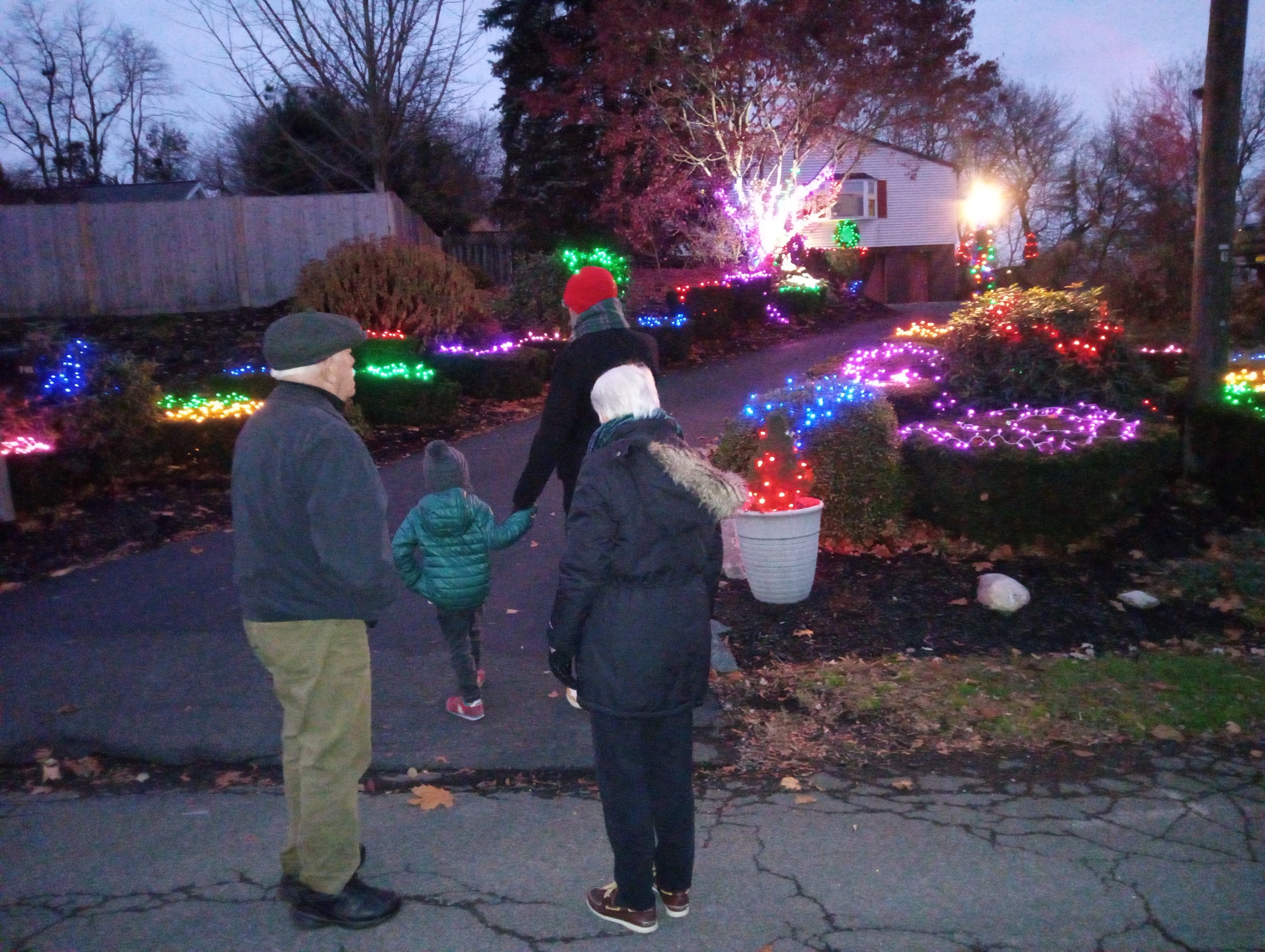How I Started My Developmental Editing Business
Since I left my faculty position four years ago, academics have reached out to ask me how I transitioned to starting an academic editing business. So while my blog typically explores issues related to academic writing, in this post I’m going to share some information about this process.
Before I get into the details, here are some factors that shaped what my transition looked like. I was in the middle of a year-long sabbatical when I decided to leave academia in January 2021. After my sabbatical pay ended in August, a small severance package from my institution and unemployment supported me through December 2021. So I had time and a salary to help support my launch (though during this time I also got a house ready to sell and did a cross-country move and single-parented my child for four months while my husband started a job elsewhere. So it wasn’t all unicorns and rainbows!). Also importantly, my husband, who is a lecturer, landed a good position at a school where contingent faculty are unionized, which means they are paid well and have good benefits. So my taking this risk was facilitated by my not having to pay for my own healthcare as well as our moving to an affordable area (central New York state).
All that said, people launch businesses in different ways with varying levels of support. If you choose to make this transition, you’ll want to consider your own time and resources in making choices about how you do it. But here are some steps I took in starting the business in the hopes that sharing my journey will be helpful to others:
Exploration (February – March 2021). I had been thinking about leaving academia, but didn’t have a clear plan for what I would do next (except not MORE academia!). So when I suddenly left, I spent a month or two reading and thinking about what I might do next. I read a lot of reflections from former faculty who had transitioned to new careers (The Professor Is In website has lot of helpful blog posts) and considered what kind of jobs an anthropology PhD could do (this podcast is also helpful). I was fairly lucky because when I started reading about developmental editing I quickly felt like it would be a good match for me. I like working with words and had long been editing in one way or another (op-eds at my college newspaper, reports at non-profits, colleague’s books and chapters) and I’d taught writing as a faculty member. Evaluating my past experience and skills and considering what jobs they aligned with was a useful exercise at this stage.
Study (April – September 2021). Once I decided that editing might be right for me, I knew I had a lot to learn. This was also peak house-prep/moving period so I couldn’t devote a lot of time to building my editing career. With the free time I had, I read a lot about editing, including developmental editing, editing more generally, and editors themselves. There’s a good new book that I also would have read on setting up an editing business if it had been published at the time. These books gave me a sense of what developmental editing looked like, helped me confirm that it would be something I would likely enjoy, and gave me a sense of what I still needed to know.
I ultimately decided that I would like additional training so enrolled in a course on developmental editing through the University of Chicago’s editing certificate program. That class was very helpful, and provided me with more specific training and access to authentic materials (Laura Portwood Stacer’s editing class is another one to check out). Several universities offer full editing certificates (Chicago, UW, UCSD, etc.), which can be very useful. I didn’t do one of those as I wasn’t interested in all kinds of editing (such as copy editing).
During this period, I also did some informational interviews with developmental editors, which helped me learn more about specific aspects of the business, what they liked about the work, and how they managed their work flow. You can find editors who are willing to talk here. By the end of this period, I had confirmed that this was the right move for me and had a sense of how to be a developmental editor. I also began using the resources provided by the professional association the Editorial Freelancers Association, which has a lot of helpful webinars and other materials for members (as well as a free academic editing chapter).
Practice (September – October 2021). By this time I had a good sense of common practices in developmental editing, but I wanted to try it out before I started taking on clients. So I asked a few academic friends if I could edit some work for them for free. I did two chapters, a job letter, and an essay for three separate faculty members. This allowed me to practice my skills as well as to get a sense of how long editing took me. I asked these folks for feedback to help me refine my work and understand what was most helpful to them. They also graciously provided me with testimonials for my website, which would help prospective clients get a sense of my work. My other income allowed me to take this work on, but I also limited the amount of work I did for free so that it was not too much of a strain on my finances.
Design (September – November 2021). When I was mostly moved into my new home, I dug into the logistical parts of setting up the business. I was a bit worried about proving my legitimacy as an editor since I’d never formally worked as one before. So I decided to build a website, using Squarespace, which I’ve found to be a very user-friendly platform. I’d never designed a website so I took a self-paced online class that taught me how to do it. Unfortunately, that class is no longer offered, but there are similar things out there if web design is new to you and you want some additional help. I enjoyed designing my website because it pushed me to clarify my services and my business values. I also decided to register as a business (an LLC). Lots of freelancers don’t do this, which is totally fine, but I felt like saying that I was an LLC would further my legitimacy (there are other financial reasons to do so as well). Again, I had some income and time during this period. These steps wouldn’t have been necessary to launching.
Launch (November 16, 2021). This was the day of my official launch. Leading up to the launch, I collected the names and emails of everyone I had ever crossed paths with in academia. This included faculty and students from my graduate program, faculty colleagues, people I’d been on panels with at conferences, folks I’d published with in edited volumes, and scholars who I’d met at workshops and conferences. I dug deep! That is, I put anyone on the list who I thought would probably remember me or at least who I had some kind of connection with. Then I composed a template email sharing that I was starting this business as well as information about the services that I offered. I asked them to consider hiring me or passing my information onto others. They did!
As part of this launch, I also advertised through my Facebook page as well as LinkedIn, where I’d created a profile. I like writing so also decided to start a blog and wrote early posts introducing the business, discussing developmental editing, and providing concrete book advice. I linked to some of these posts in that initial email and also used them to advertise through social media. Note that I had been a faculty member for seven years so had a healthy number of contacts. I would have had to work more on marketing early if my situation had been different.
And that was it! Since I’ve launched I’ve had a healthy stream of clients and have expanded my business to include coaching and writing groups. I have really enjoyed connecting with other editors, the creativity that comes with owning a business, and the deep intellectual work of editing. There currently seems to be a demand for developmental editors, though many of us are worried about what continuing attacks on higher education, increasing AI use, and shrinking budgets will mean for editors in coming years. But for now this business is working for me.
Finally, this is how I started my business. But if you choose to embark upon a similar path, design a process that fits your own time, budget, needs, and skills. Good luck and, should you choose to launch, I’d love to hear about your process!
*****
Like this blog post? Please subscribe below to receive notifications about future posts. And looking for more writing support? Consider joining one of my scholarly writing groups!






























